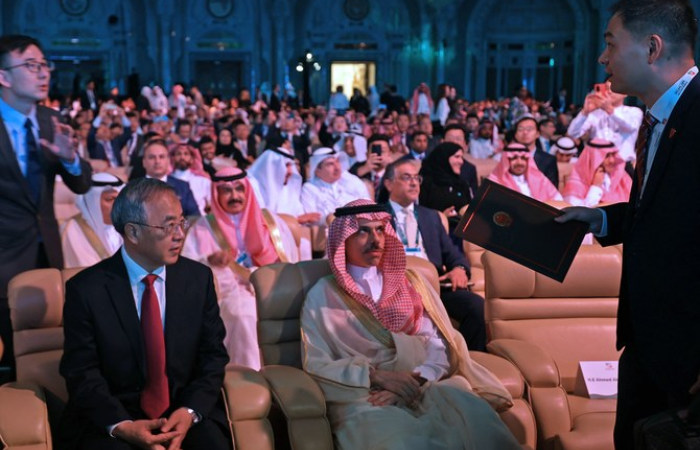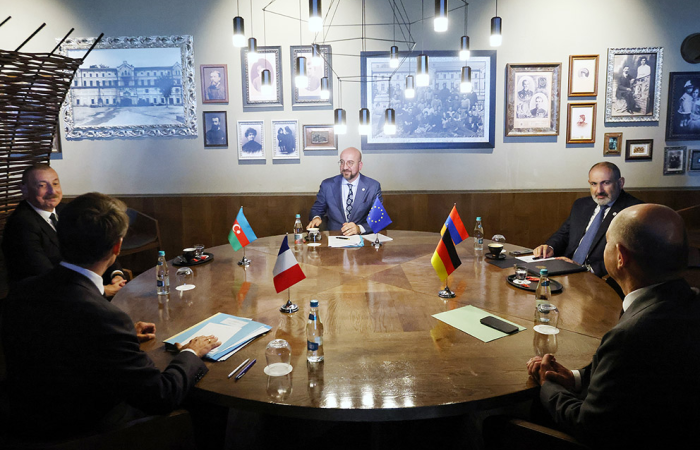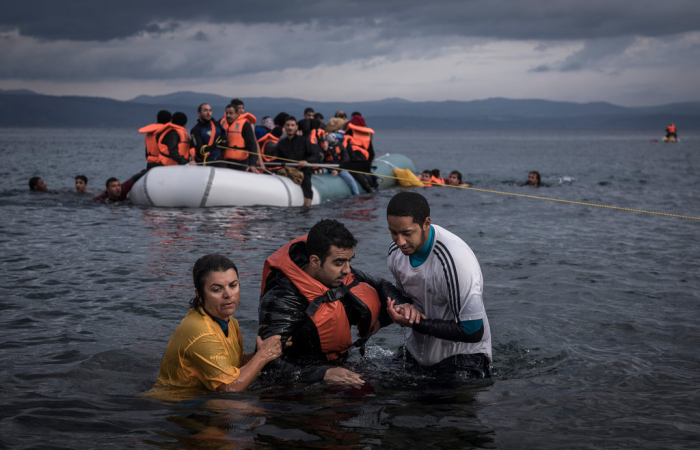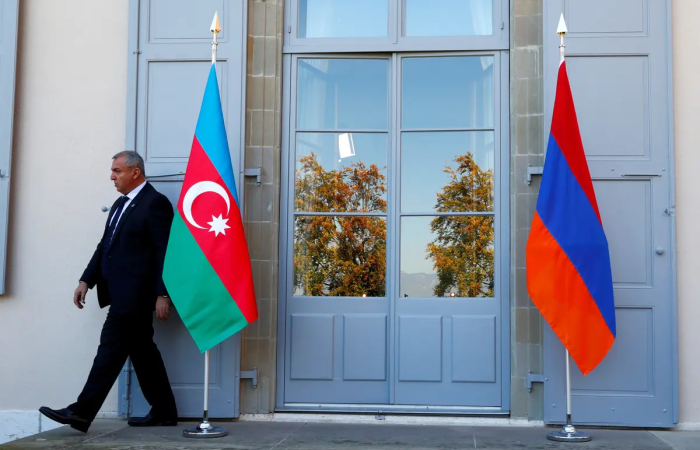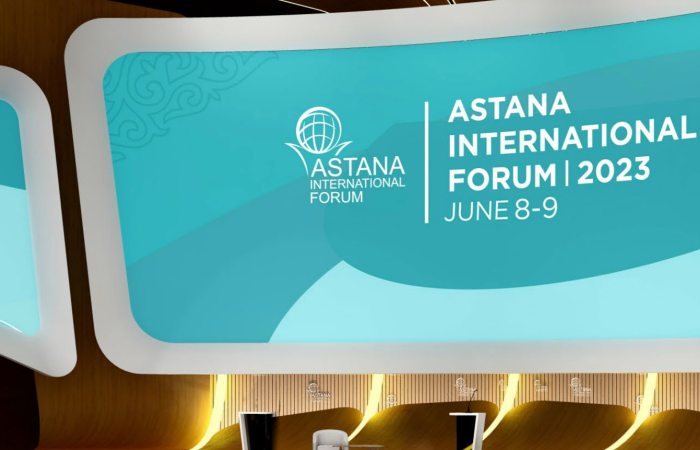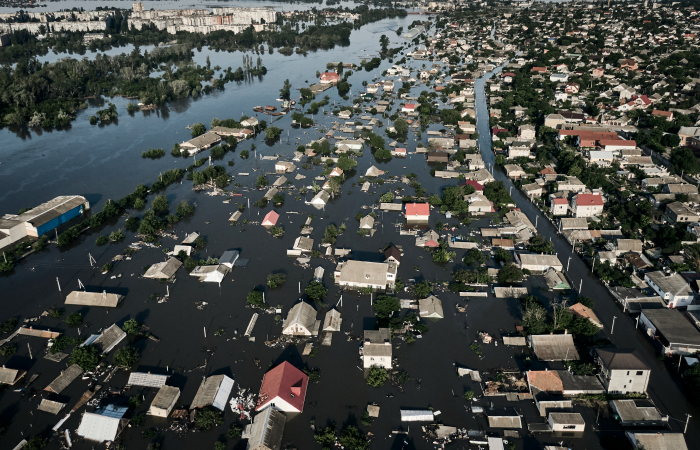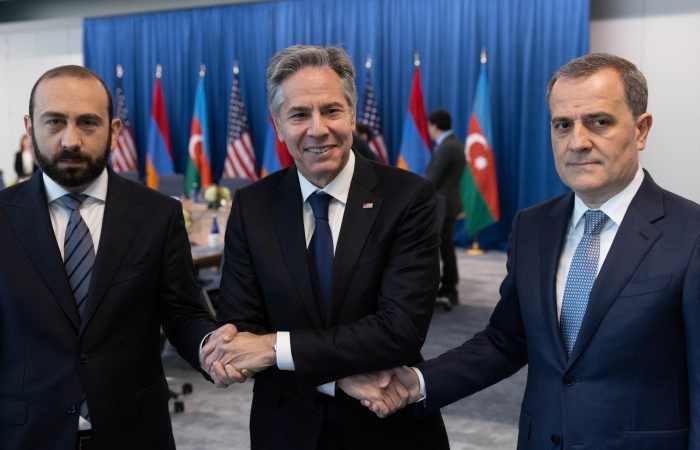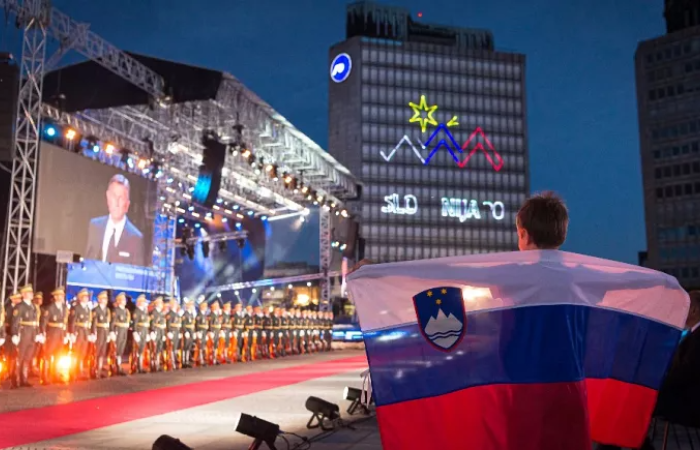Trending
Arab countries and China sign 30 deals worth $10bn at business conference in Riyadh
12 June 2023
Arab League countries and China have signed some 30 deals that total $10bn. This came on the first day of the 10th Arab-China Business Conference taking place in the Saudi capital Riyadh, on 11-12 June.
The 30 investment agreements cover a wide range of areas, including technology, renewables, agriculture, real estate, minerals, supply chains, tourism, and healthcare. According to the Saudi Investment Ministry, the Saudi government also signed deals with a number of Chinese entities in areas such as automotive research, development, manufacturing and sales, development of tourism and other apps, and production of rail wagons and wheels in Saudi Arabia.
The biggest deal reached totalled $5.6bn, and was struck between Saudi Arabia's Investment Ministry and Human Horizons, a Chinese developer of autonomous driving technologies and manufacturer of electric cars.
Saudi Arabia and Hong Kong-based Android developer Hibobi Technology Ltd signed a $266 million deal to develop tourism and other apps.



